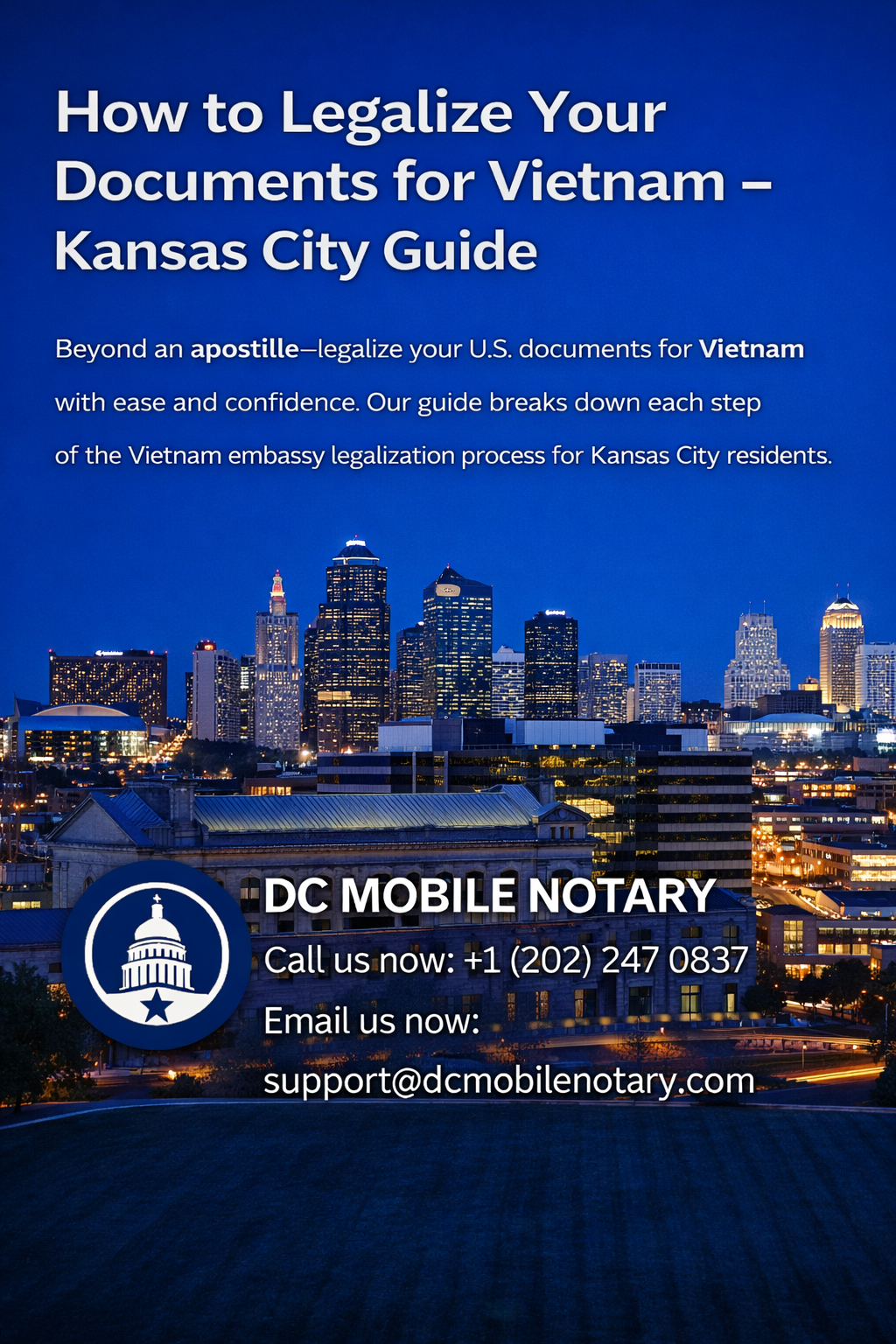The difference between apostille and authentication

February 22, 2019

Globalization has truly been a blessing from the perspective of business owners and professionals seeking to expand their companies into multiple countries. In one way, it has boosted trade relations and international business relationships by a large extent. However, from another perspective, it has also brought a lot of documentation and legalization, extending the actual time a business owner needs to spend looking for a way to get this work done, especially for new companies who may not have nearly enough experience to be able to carry out this taxing exercise in due diligence all by themselves. This is where a lot of the apostille and notary services come in. There needs to be a push towards greater transparency between companies and their legal advisers, and thankfully, because of the internet, a lot of companies are able to educate themselves on what exactly these apostille services do for their due diligence. A lot of business owners who wish to expand seem to not know the difference between apostille services, and authentication services. Let us explore this today.
What does apostille mean?
The Apostille Treaty, also known as The Hague Apostille Convention, is an international treaty that was signed between multiple countries on Private International law. This treaty goes over the specific process through which a document that has been issued in one of the signatory countries can be certified and authenticated for legal purposes so that the business owners can use these documents in all other signatory countries. This means that for each country you wish to expand your business into, you need not go through the complicated, time-consuming and frustrating task of document authentication and legalization. This certification issued to you is called an Apostille. This is an international certification comparable to notarization and usually supplements a local notarization or legalization. What does this mean? It means that if a document has an Apostille stamp, it can be used by the business owner in every country that has signed this treaty. This was created with an aim to reduce the number of hurdles that people conducting international business would have to go through, as an attempt to encourage international business and trade relations with these countries.
What does authentication mean?
A lot of times, there are exceptions to apostille services, depending on the type of industry or the type of business that is being conducted. In addition to this, not all countries will allow apostille services as they may not have signed the Apostille Treaty at all. One example of this is Canada, which has not signed this Apostille Treaty and instead relies on authentication services.
Authentication involves having the documents notarized, reviewed by a state or county officials, and then certified by the State Department officials. A lot of apostille services will also offer to do this work for you. Once authentication is secured, the business will need to seek certification in the foreign country they wish to expand into. This process is called legalization and will be done in the country’s embassy or consulate in the US itself. As we can see, it is always beneficial to seek the help of a legal service provider, often an apostille services provider so that you do not have to go through this frustrating process.

‹ Previous
Next ›

How to Legalize Your Documents for Vietnam KansasCity Guide

January 25, 2026

Notary Services at Carriage Hill of Bethesda – Bethesda, MD

January 22, 2026





